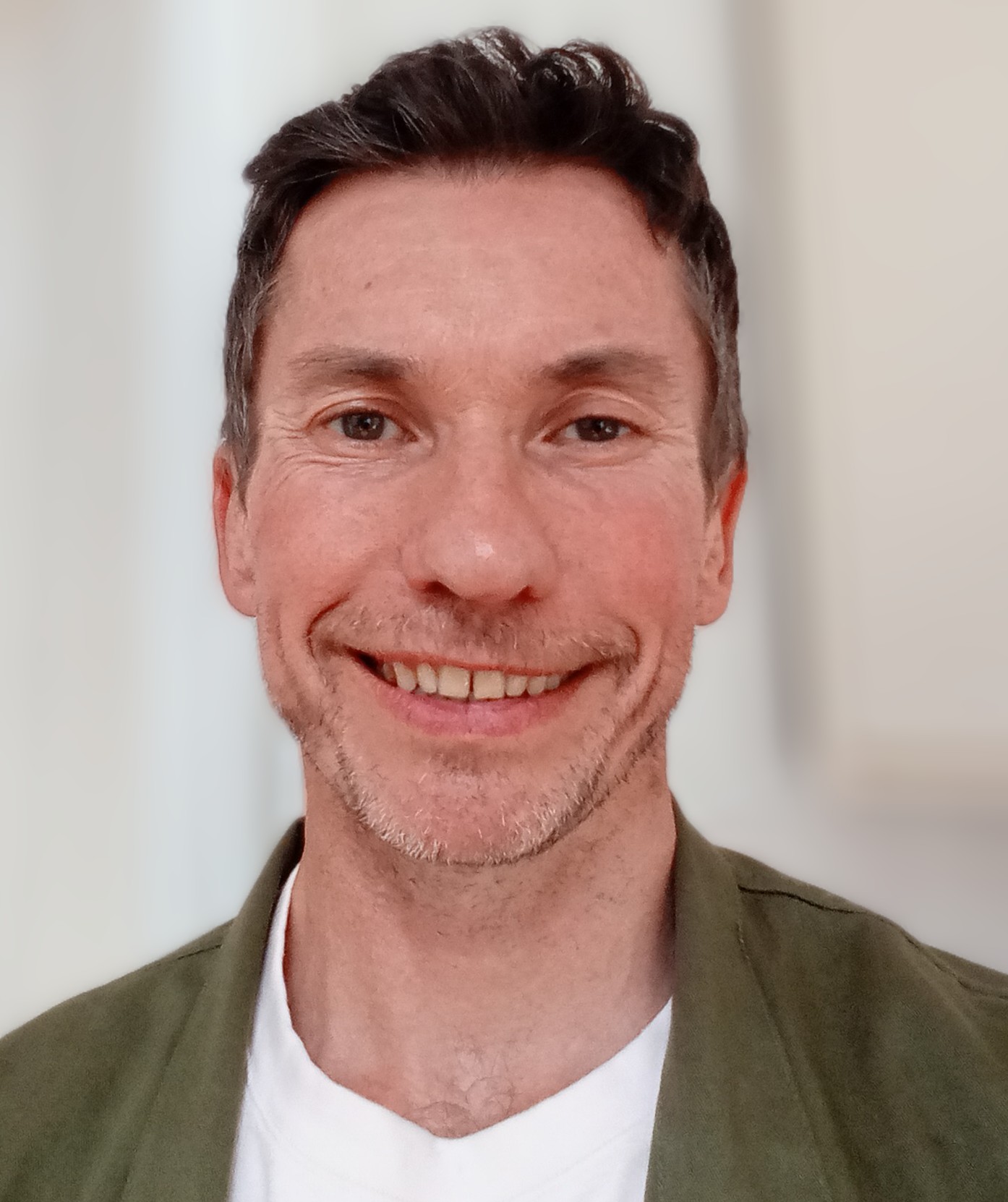Therapy for anxiety, grief, trauma, and times of transition
Welcome
I offer a grounded, steady therapeutic space for people who want to explore themselves more deeply and live with greater presence and integrity.
My approach is trauma-informed, relational, and contemplative. I help you find stability, meaning, and inner agency when life feels overwhelming or when you sense that something in you is ready to shift.
Stand still. The trees ahead and bushes beside you
Are not lost. Wherever you are is called Here
And you must treat it as a powerful stranger.
- David Wagoner - 'Lost'
My Approach
Presence is at the heart of my work.
Rooted in Buddhist contemplative traditions and Core Process Psychotherapy, I approach therapy as an embodied way of being: awareness, compassion, and meeting experience as it unfolds.
My training at the Karuna Institute wove together Buddhist psychology, Western psychodynamics, and relational mindfulness. You don’t need to be Buddhist to work with me - the essence of this approach is simply openness, curiosity, and the willingness to meet yourself honestly.
If you’re drawn, you can read about the qualities that guide my work on my Touchstones page - timeless perspectives that support healing and integration.
I work in-person in Cardiff and online across the UK.
Who I Work With
I work with people drawn to deeper understanding, integration, and change.
Clients often come to me when they feel:
- anxious, overwhelmed, or stuck
- in grief or transition
- disconnected from their bodies
- caught in old patterns that no longer feel true
- on the threshold of inner change without knowing what comes next
My way of working is embodied and trauma-informed, shaped by Core Process Psychotherapy and training in Babette Rothschild’s somatic trauma work and neuroscience.
This means we attend not only to thought and emotion, but also to the nervous system and the wisdom of the body.
As a gay man, questions of identity and belonging have been part of my own journey, and they inform the inclusive, authentic space I offer.
What You Might Experience in Our Work
Therapy is a space to slow down and listen inwardly.
Together we may explore:
- anxiety, grief, dissociation, or emotional intensity
- embodied regulation and grounding
- early attachment wounds and relational patterns
- times of transition, uncertainty, or inner reorientation
- shadow, myth, and archetype as ways of understanding the deeper self
- individuation and inner agency - becoming more fully who you already are
Often we find ourselves in liminal spaces - where the old has fallen away and the new has not yet formed. These places can feel uncertain, but they are often where the deepest change begins.
About Me
I’m a BACP-accredited counsellor and UKCP-accredited psychotherapist with over 12 years’ experience.
I originally trained in humanistic existential counselling before completing a Master’s in Core Process Psychotherapy at the Karuna Institute - a contemplative, relational, and depth-oriented training that integrates Eastern and Western perspectives.
My work is trauma-informed, drawing on Babette Rothschild’s somatic trauma training and neurobiological insight, held within a clear and compassionate therapeutic relationship.
My perspective is also shaped by Jungian ideas of shadow, symbol, and individuation - the lifelong unfolding and integration of the self.
My own path into therapy grew from my personal healing journey and many years of contemplative practice. This has included meditation, Kum Nye as a grounding support, time in nature, and a continual inquiry into presence and depth.
Practical Details
- Sessions are 60 minutes
- In-person in Cardiff and online across the UK
- Fee: £65 per session
- I work on a weekly basis - this steady rhythm supports depth, continuity, and genuine change
Although my practice is currently full, I have a waiting list and would get in touch when a space becomes available at a time that might work.
Links
Karuna Institute

